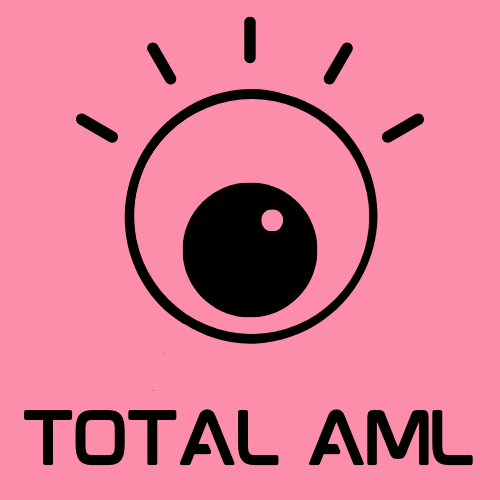Financing of Terrorism
A study of New Zealand's online extremists found that the extreme far-right has by far the most numerous and active online extremist presence, with half the total posts analysed; and that the far-right extremist presence is comparable, on a per capita basis, with the US, the UK, and Australia. Another study showed that before 2001, attacks motivated by far-right beliefs were perpetrated by individuals affiliated with organised groups. These groups have progressively disappeared, and far-right violence has been overwhelmingly perpetrated by lone actors, such as the March 2019 far-right terrorist attack in Christchurch.
Similarly, a 2021 Financial Action Task Force study on far-right terrorism found that the vast majority of far-right motivated attacks in recent years have been perpetrated by self-funded individuals. These attacks are relatively simple and low-cost, relying on materials that are purchased by individuals using their savings or personal loans. Expenses for these attacks are low and do not differ from ‘normal’ transactions, making it challenging for reporting entities to identify relevant red flags.
In the aftermath of the March 2019 Christchurch Terror Attack, the domestic terrorist threat environment in New Zealand was raised to ‘high’, currently lowered to ‘low’. However, both the Department of Internal Affairs and the Financial Markets Authority recommend reporting entities to remain alert of terrorism financing red flags.
Watch the full video on YouTube, or get in touch if you need any assistance navigating the specific terrorism financing red flags that are relevant to your sector.
